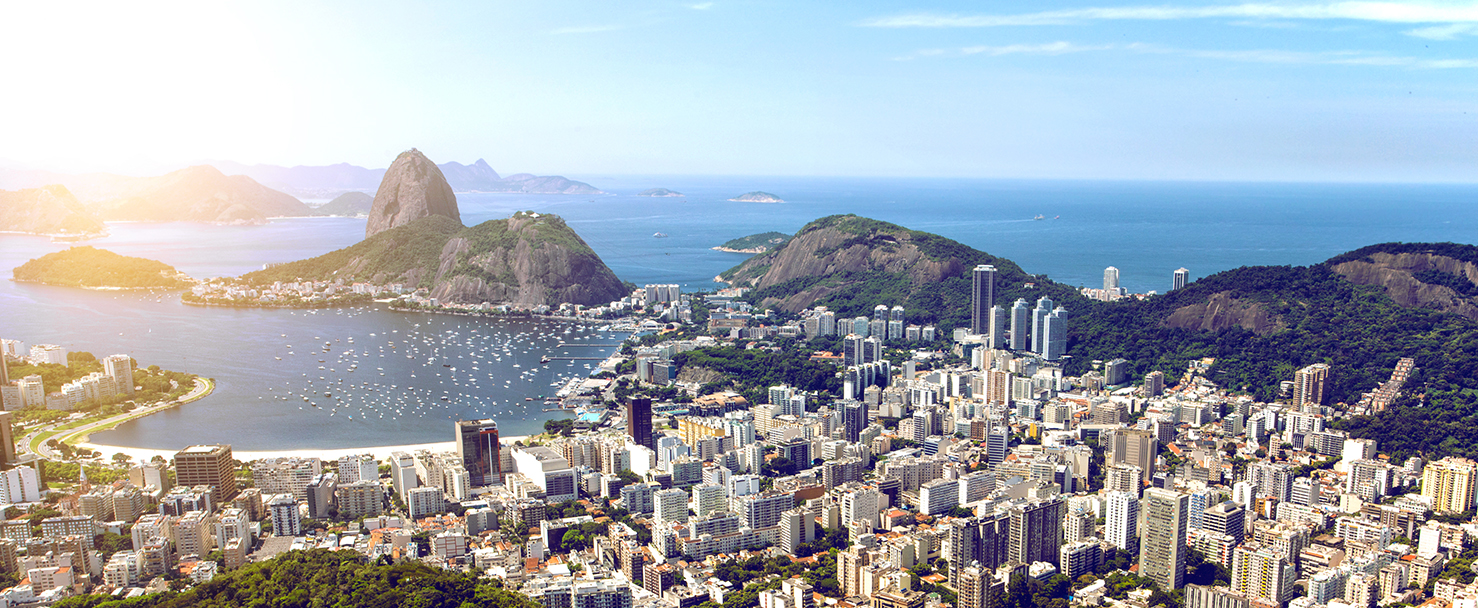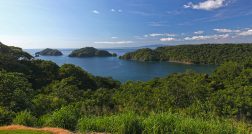From E-Visa to No Visa
Beginning in June, U.S., Canadian, Australian, and Japanese travelers will be able to visit Brazil without the hassles of a visa.
With natural wonders such as the Amazon River and Iguazu Falls, lush tropical beaches along its 4,650 miles of coastline, and vibrant cities such as Rio de Janeiro, São Paulo, Salvador, and Brasília, Brazil has long been a popular tourist destination with a well-developed timeshare industry. And with a favorable exchange rate and dozens of daily international flights, vacationing in Brazil has been an attractive proposition for North American travelers, except for one hurdle: Visitors from the U.S. and Canada must obtain a visa in order to enter the country.
In 2016, when Rio hosted the Summer Games, the nation temporarily lifted visa requirements for visitors from the United States, Canada, Australia, and Japan, which successfully boosted visits during the games. In January of 2018, the government instituted a program allowing citizens from those same four countries to apply for an e-visa, which expedited, though did not eliminate, the visa process. The new e-visa program also reduced the cost of the application to $45USD, from $160USD for a standard visa. After the e-visa program began, the government saw a 35 percent increase in applications in less than a year. “The United States was very receptive to the issuance of electronic visas,” said Teté Bezerra, president of Embratur, Brazil’s governmental tourism board, in a Visit Brazil statement. “The World Tourism Organization says that when adopting an electronic visa, visa issuance increases by 25 percent, [and] we have exceeded that mark.”
In March of this year, after a visit by Brazilian president Jair Bolsonaro to the White House, the Brazilian government announced that beginning on June 17, 2019, it will no longer require American, Canadian, Australian, and Japanese visitors to secure visas. “This is one of the most important achievements of the Brazilian tourism industry in the last 15 years, and we are confident that it will be extremely beneficial to the country,” said Marcelo Alvaro Antônio, the Brazilian minister of tourism, in the release. “This decision of the Brazilian government proves that … tourism is being seen as a vector of economic and social growth of the entire nation.”
Image credit: iStockphoto




